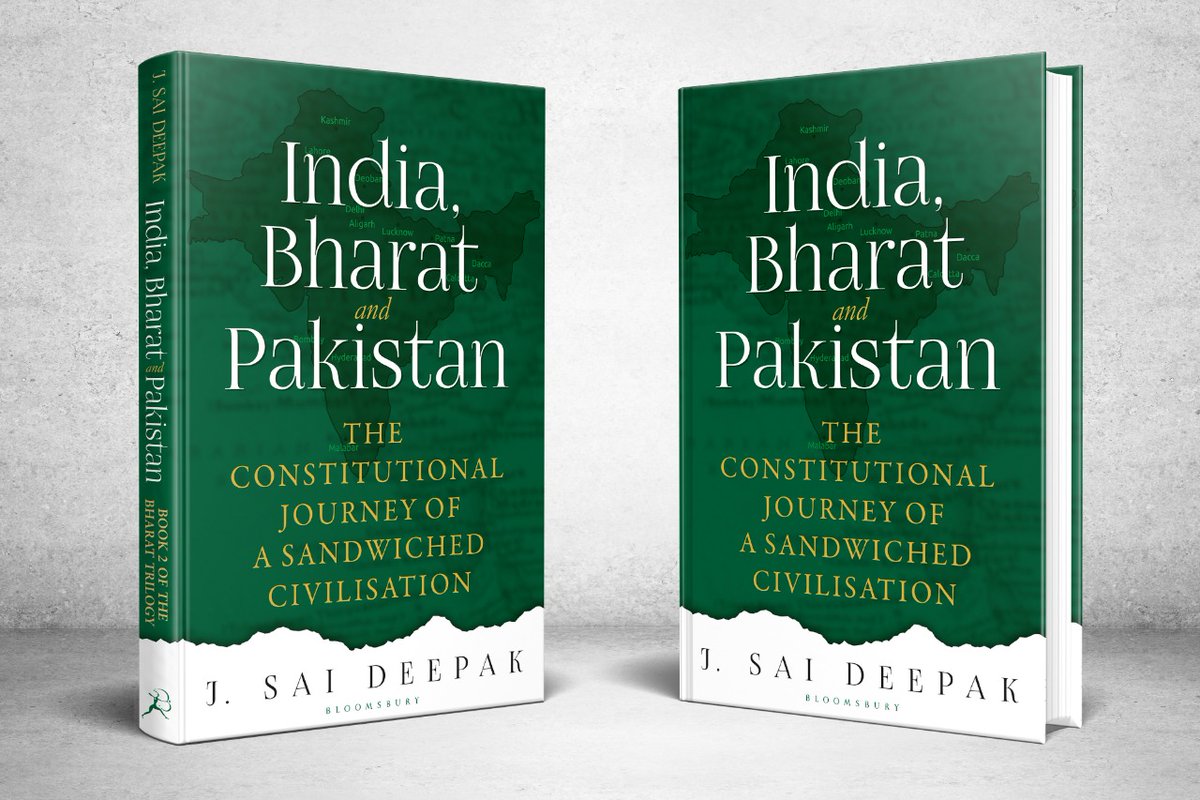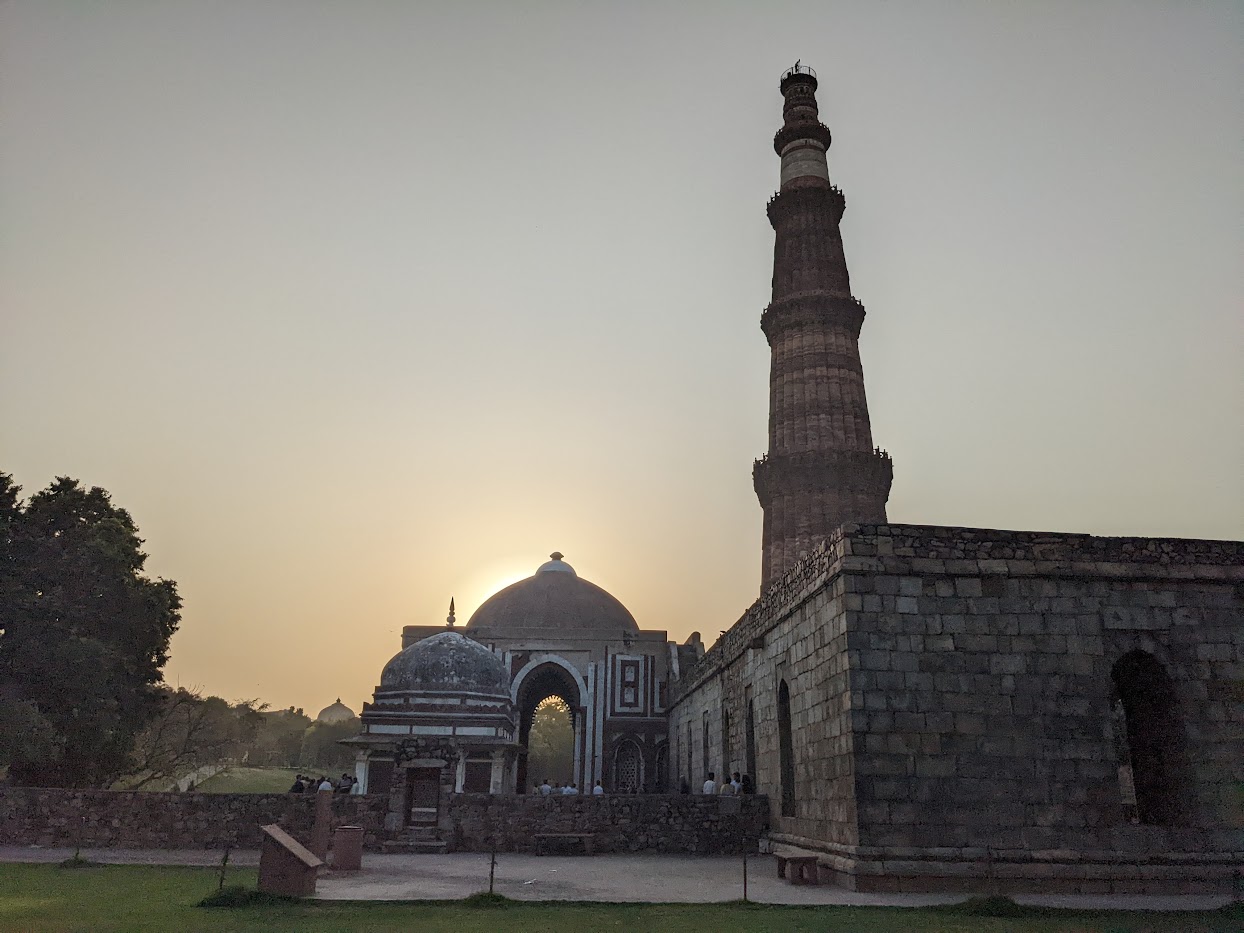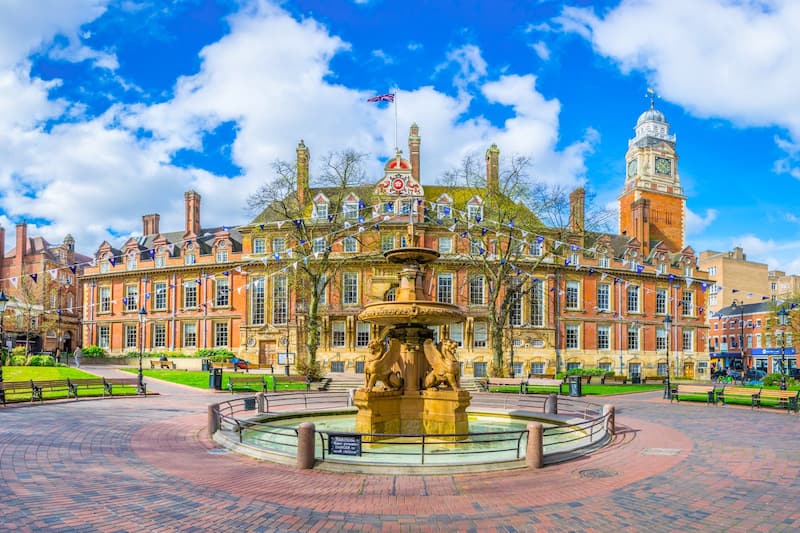
Lawyer and author J Sai Deepak is back with the book of his India that is Bharat Quadrology. I had reviewed his first book India that is Bharat almost a year back – you can find my review here.
The Summary:
J Sai Deepak’s second book dissects the time from the fall of the Mughal empire to the Khilafat movement relying heavily on the tools developed in the first book and a vast number of primary sources. The author also investigates the trail of the Islamic doctrine consolidated during the Fatwa-e-Alamgiri (compiled on orders of Aurangzeb) back to the 13th century Islamic scholar Taymiyyah and Syed Ahmad Sirhindi (a contemporary of Mughal Emperor Akbar).
The two figures covered in detail among the post Mughal Ulema are Shah Wahiullah Dehlawi and Syed Ahmad Baraelvi – the two giants who have shaped the Islamic revivalism in the 18th century. The establishment of Wahhabi power center in Northwest of Punjab, establishment of the various schools of Islam in North India – Deobandi, Barelvi, Ahl-i-Hadith, Ali-garh and the British crackdown of Wahhabism are all discussed in sufficient detail before jumping off to Syed Ahmad Khan and the modern genesis of the two-nation theory. The author then covers all the important events from the Partition of Bengal to the Khilafat movement – relying heavily on primary sources. The book ends with a summary of the Khilafat riots – especially the Mopla massacre.
My 2 Annas:
It took me 3 weeks to complete the first section of the book. I completed the rest of the book in 2 days. I think this statement itself is a review in a nutshell. If I had to give a one phrase review for book 1 it would be “Overstated yet immensely Consequential“, if I have to do the same for book 2 it would be “About time or Oh My Gods“. This is not to say I don’t have disagreements with the book – especially some of author’s conclusions, but the overwhelming thrust of the book is something I strongly agree with.
Firstly, the book busts all the popular notions of two-nation theory and it being solely a creation of the British. The author effectively traces the modern origins of the two-nation theory to Syed Ahmad Khan and the Aligarh movement at the very least. The book also covers some of the lesser-known events from the 19th century – the Wahhabi movement and the conflict in the Northwestern frontier province. The book makes it abundantly clear that Islamic revivalism was less a reaction to Colonialism and more a reaction to Hindu and Sikh resurgence. The fact that both the British and Muslims saw each other as closer religiously and hence more acceptable/worthy instead of the “Hindu” is driven through via a vast number of primary sources.
The common trope among the secular (even Hindutva discourse) about the Syncretic nature of Sufis is addressed (though I felt the author didn’t fully go into this question).

Pan-Islamism and its proponents – especially Al-Afghani are also covered in the book.
Secondly, the book also goes into origins and progress of “Moderate Nationalism” under Indian National Congress right up to the ascendency of the “Mahatma”. I had expected the author to be slightly unfair to the Indian National congress and especially the role of Gandhiji but to my surprise he hasn’t. Though some conclusions may seem a tad unfair at times but because the author relies heavily on primary references the “judgement” is moderated. Most importantly the support of Khilafat which is put firmly on the shoulders of Gandhiji in Hindutva circles, is clearly shown to be a mainstream view of Indian National Congress years before ascendency of Gandhiji, absolving Gandhiji of some of the blame.
The inability of the “Indian nationalism led by Hindus” in dealing the Islamic exceptionalism both before and during the period of “Hindu-Muslim” harmony is on display in the book. The author compares “Coloniality” of the Hindus to the “Rootedness” and “Intransigence” of Muslims for these defeats. Whereas there can be no doubt that Muslim “Intransigence” was important, I find the blame laid on “Coloniality” not watertight.

Take example of Jawaharlal Nehru and Kemal Pasha “Attaturk”. Both were modernizers who tried to jettison the past of their respective countries. What separated them both wasn’t any rootedness or lack of deracination – but a personal attribute, namely political ruthlessness, incidentally something Mohammad Ali Jinnah shared. Kemal Pasha not only broke the tradition of the Khalifa but also forced the Roman alphabet overnight on the Turks. Similarly, in India the two heads who had the most clear-eyed vision of the thread of Islamic exceptionalism were Dr Ambedkar and Veer Savarkar (both “Modernists”). I would instead put the blame on Hindu naivete which is an unfortunate byproduct of Hindu Pluralism – we simply never understood the other. Most of our ReConquistadors (with notable exceptions) did not pursue Reconversions.
Another thing I found mildly irritating in the book (continued from book one) – is the use of the term Middle eastern coloniality/consciousness. Ironically the term “Middle Eastern” itself reeks of its Western Colonial origins. I would have used the term Islamic or Arabic instead, but this is sematic disagreement which doesn’t matter much.
a Not so Gentle Reminder:
Insanity is doing the same thing over and over and expecting different results“.
The disagreements with the author’s conclusions notwithstanding, the book is a not so Gentle Reminder for the India that is Bharat. In retrospect, the compromises Bharatiya nationalism offered, from accepting disproportionate Muslim representation to supporting the fanatical Khilafat movement, may have worked against the Indian civilization itself. While it may be unfair to excessively blame the Bharatiya leaders from the past, it’s imperative to call out those who are flirting with the same approach in the 21st century (incidentally my position a few years ago). Essentially the Hindu leadership made a Faustian bargain and sold their brains. Though Swatyantraveer Savarkar is almost absent from the book, he cast a long shadow in my mind while I read the book.
Another popular trope I felt the author could have busted was the trope that Islamic intransigence in India is largely the legacy of “it having been spread by the sword”. The Mopla carnage was undertaken by descendants of Arab traders who came without any major conflict. Maybe violent intransigence and exclusivity is a feature not a bug.
The book becomes unputdownable after the Lucknow Pact, as the Hindu-Muslim unity discussed here which didn’t even last a decade remains as relevant today as ever. The riots covered in the end of the book – especially the Mopla carnage is almost unbearable to read reminding the reader of Kashmir. The letter by Annie Beasant to Gandhiji stands out. The book also brings into focus some of the lesser-known riots like Kohat. Incidentally the trigger for the Kohat ethnic cleansing was blasphemy, a topic which continues to remain as relevant as ever.
As I write this review a century after Mopla Riots, raids are conducted on Popular Front of India members while the PFI supporters can call for Hartals with partial success in Malabar coast. If the first book was a red pill in a blue jacket (Akshay Alladi (@akshayalladi) / Twitter), this is a केसरी (Saffron) pill in a green jacket.
I have skipped over many topics from the book in this review for brevity, but I would urge the reader of this post to buy and read this book in its entirety and engage with the uncomfortable facts it lays down infront of us.
The book ends with the following quote
Those that fail to learn from history are doomed to repeat it.
The above line becomes even more relevant especially give the way history is taught in India. I would end this review with a quote (in one of its many forms) most people reading this review would recognize.
अश्वत्थामा हतः इति, नरो वा कुंजरोवा !








